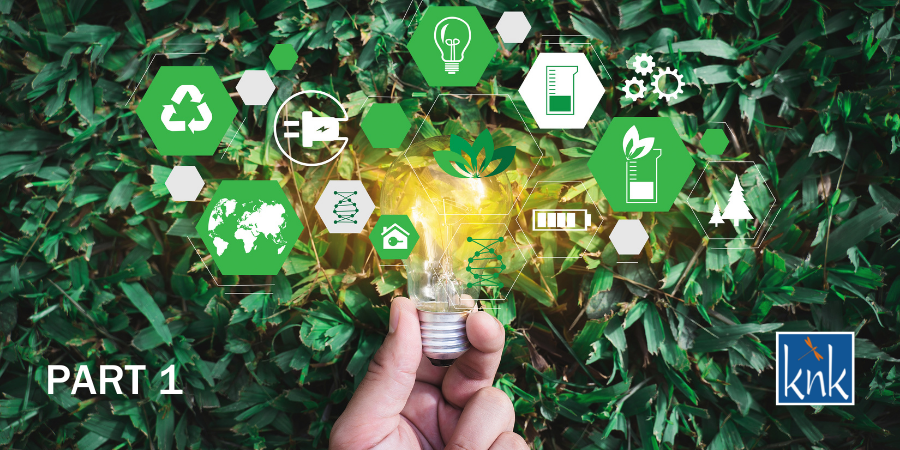***Note: This is Part 1 of a three-part series as we take a look at the state of publishing and sustainability. As the only Gold Microsoft Partner in the publishing space, sustainability is core to knk Software as Microsoft strives to be carbon neutral by 2030 and carbon negative by 2050. This blog series explores the issues facing publishers attempting to navigate sustainability goals.
“The last, best hope to save the planet.”
So said the organizers before the COP26 Conference on Climate Change in November 2021. Looking at the largely lackluster conference reviews and the absence of concrete actions plans one might be excused for concluding that the Planet Earth is in fact, doomed.
knk chooses to take a more optimistic view of the situation, and review the current issues and what remains to be done in general and also specifically in the book publishing and surrounding media industries that knk Software serves.
The COP26 conference concluded with a split between the polluting (larger) economies and the vulnerable (smaller) countries. This led to unresolved squabbles about trading carbon offsets between the two, which appears to contribute little to eliminating the source of the problem in the short time left to fix it.
Helen Mountford, the VP for Climate and Economics at the World Resources Institute, offered the observation that “We’ve got two different truths going on. We’ve made much more progress than we could have imagined a couple years ago, but it’s still not nearly enough.”
MAJOR POLLUTERS
There’s no question that while we have taken important steps in the right direction, the major polluters rightly bear the brunt of the enormous remedial actions that are still required. The US, Canada, Japan and much of Western Europe account for just 12% of the global population but 50% of greenhouse gases released from fossil fuels over the last 170 years-according to the New York Times. (11/30/21).
The good news is that the two biggest single polluters, (US and China) made an agreement, albeit vague, to reduce greenhouse gases and reduce the use of coal. Swedish activist Greta Thunberg thought it all “Blah Blah Blah.”
So if we can’t completely rely on international cooperation in the short term, what initiatives can the US take on its own, and what can the US publishing industry do to mitigate some portion of its share of the 170 years of assault on the earth’s ecosystems?
Many publishers have already embraced the United Nations Sustainability Development Goals (SDG), by signing on to the SDG Publishing Compact, a 10-point call-to-action to be achieved by all signatories by 2030.
This is especially gratifying for the UN because, compared to most other industries, the publishing industry is in a unique position to support and promote the SDG’s due to the nature of all sectors of the publishing business and our ability to get the word out to the world. The SDGs and Publishing indeed go hand-in-hand.
We will review some of these programs and their effect on the publishing supply chain in future issues of this series of blogs on Sustainability. Watch for our future posts that will look at the sustainability issues for print publishers, followed later by our review of the key issues faced by publishers of digital products.
Read Part 2 of our Sustainability Series.
Read Part 3 of our Sustainability Series.
The knk blog team fills the knk blog with content, new posts and replies to comments.
We welcome your comments!

Leave A Comment